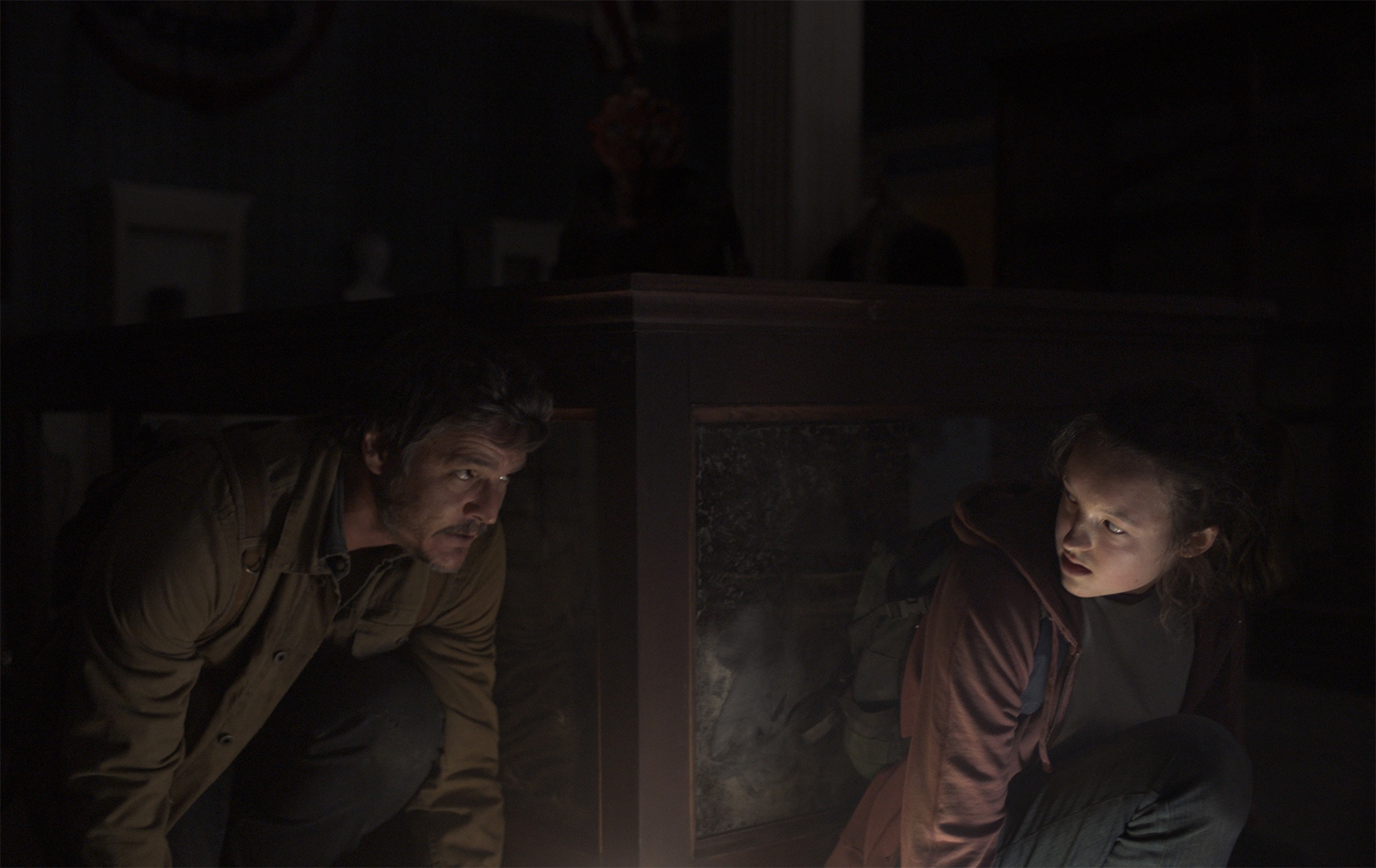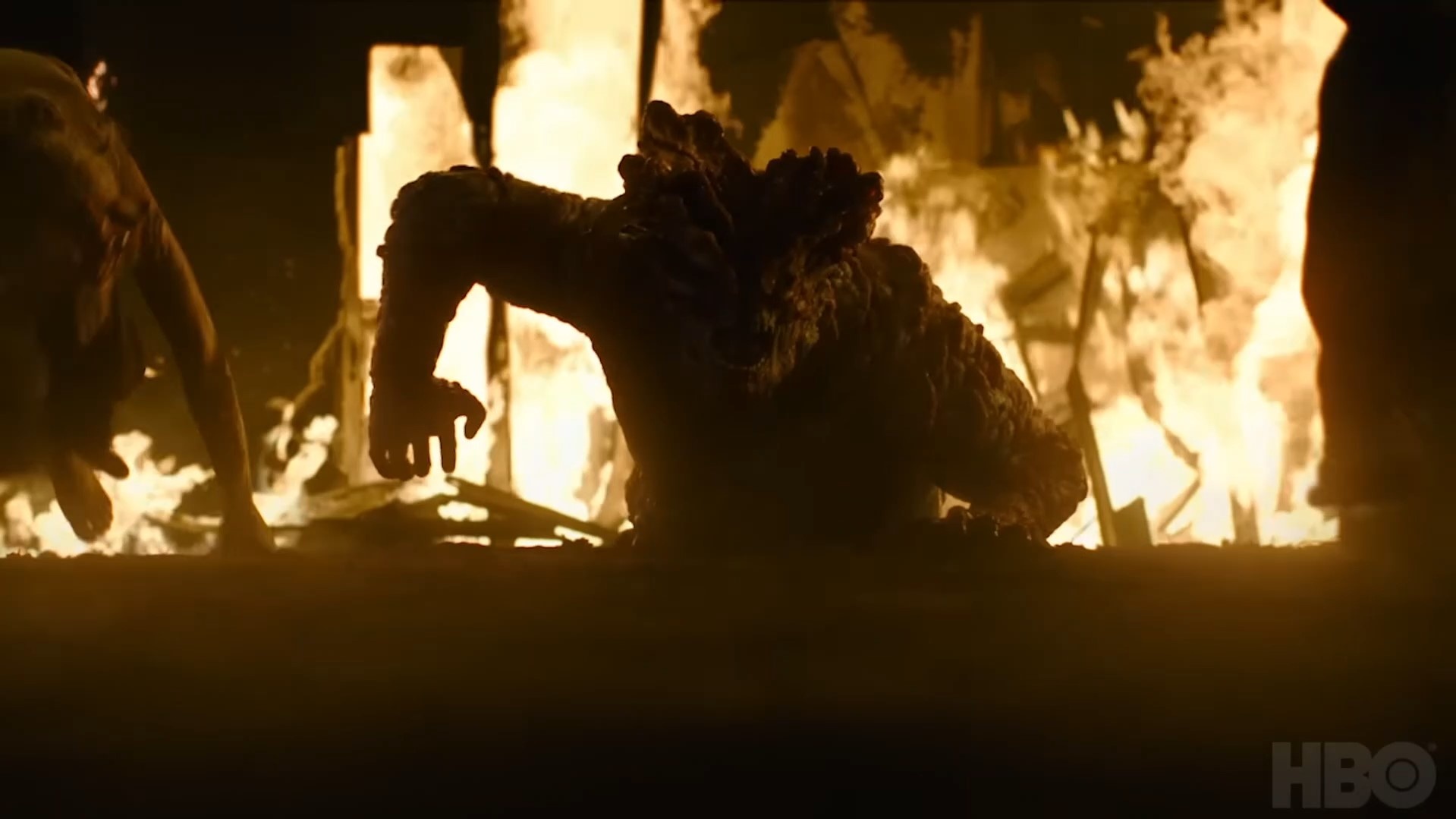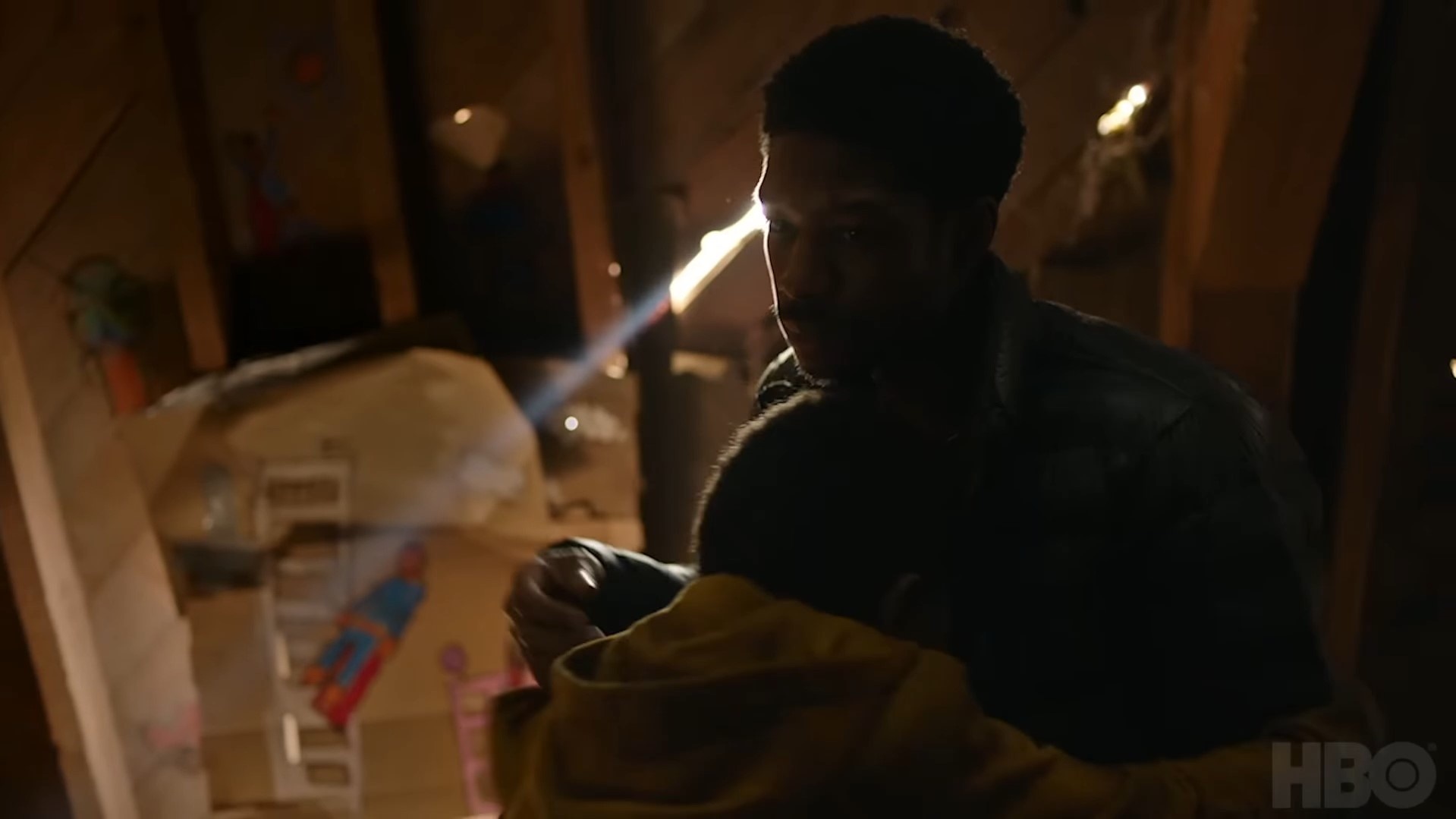The game adaptation starts its first season. Our spoiler-free review reveals the obstacles the series stumbles across and who it”s worth watching for
In a few days, the first season of the series to the PlayStation masterpiece The Last of Us will starts. We join smuggler Joel as he escorts young girl Ellie across the post-apocalyptic USA. But the journey is no child”s play. The deadly cordyceps fungus continues to spread. Besides the infected, however, it is the survivors in particular that one should be wary of. Ellie could be the salvation for all of humanity.
We watched the entire first season weeks before its release. In our review, we tell you whether the story about Joel and Ellie also works as a series, what obstacles the series stumbles over and for whom it is worthwhile.
Does the story masterpiece work as a series?
First of all, we can all exhale calmly: The Last of Us is not a disaster like many other game adaptations. After all, Neil Druckmann himself had a watchful eye on the production as executive producer. And indeed, you can tell from every corner of the series that the original was treated with a great deal of respect.
The first season comprises the entire first game including the DLC Left Behind, in which we experience Ellie”s back story. Many key atmospheric scenes have been copied into the series almost down to the last detail – which should please fans of the games in particular. You can already marvel at a few of them in the trailer:
As in the games, Ellie is also the big star in the series – and Bella Ramsey delivers a fantastic performance. Because she is not just a copy of the original, but her own interpretation of the character. She is snarky, funny, sometimes silly, sometimes very serious and grown-up. The interplay with her series foster father Pedro Pascal in the role of Joel and the rest of the cast also seems coherent and authentic. It quickly becomes irrelevant that the actors don”t look exactly like the characters in the game.
The Last of Us also avoids unnecessary length. With nine episodes, the first season (and thus the events from the first game) is complete and it ends without an annoying cliffhanger.
However, the series is not simply a retelling of the game. For example, we learn even more about the background of the zombie mushrooms and how the Cordyceps apocalypse came about. This gives the series a coherent framework and introduces viewers to the world.
While the series benefits from such small additions and elaborations here and there, it”s the bigger departures from the game that trip up The Last of Us.
Deviations from the game
The series also introduces new characters and backstories or changes the fates of already known personalities. On the one hand, not everyone will like this because fans in particular know it differently from the game and may expect a portrayal of the characters that is true to the original. It also brings a new level to the series that we players don”t know from the first part: Joel and Ellie are not the only focus.

Whoever played The Last of Us Part 2 knows why the big plot twist halfway through the game was such a surprise. We were just used to following Joel and Ellie on their road trip and emotional journey. We developed strong sympathies for them, literally walking over dead bodies to get Ellie safely to her destination – so the big bang hit us very unprepared.
Like Part 2, the series tries to place the fates of other survivors in the larger context and also show the human side of antagonists. However, this doesn”t have the same effect as in the second game, seems completely bloated and pulled out of thin air in places and unfortunately only ensures that the viewer has less time to build a strong bond with Joel and Ellie.
Where are the infected people?
But these are not the only changes to the game. In the video game, the Cordyceps infection is spread via spores in the air. We often get into areas that are completely overgrown by the deadly fungus and have to carefully fight our way through with gas masks.
In the series, the spores have been replaced by tendrils. The fungus thus forms a network and connects runners, clickers and all other infected people with each other. If a tendril is stirred up somewhere, the whole swarm gets to hear it. This is to avoid The Last of Us degenerating into just another zombie show, and the threat is supposed to be omnipresent. But unfortunately this calculation doesn”t work out.

While the infected lurk around every corner in the video game and the presence of danger is constantly felt, several episodes go by in the series without even a single appearance by a simple Runner. The threat that has led to the downfall of our civilisation is often not felt at all and the Cordyceps thus fade into the background of the story faster than Ellie can tell a flat joke.
This also does the audience”s relationship with the characters no favours. Joel and Ellie”s journey feels like a long walk in places, interrupted now and then by dangerous situations – usually triggered by the intervention of other people. The hair-raising tension like from the games has no chance to build up and the series misses to show how much is actually really at stake here.
Even the beautiful and emotional moments of the series, which were fantastically realised in their own right, suffer. Whereas in the game these were small instances where the characters could take a breath and recover from the difficult journey, in the series they cannot unfold their full potential. Goosebump moments like in the game are therefore absent most of the time.
What still remains unclear?
The press versions of The Last of Us were not yet final versions. Among other things, CGI, visuals and sound effects were still placeholders and not representative of the finished series.
Unfortunately, this also means that we cannot currently assess how atmospheric, for example, the encounter between Joel and Ellie with the infected really is. Since neither the visuals nor the sound were final, certain sequences lacked any immersion. How atmospheric these actually turn out will only become clear when the final version is broadcast.
Conclusion: For whom is the series worthwhile at all?
Now we come to the probably most difficult question: For whom is The Last of Us worthwhile as a series? That”s not so easy to answer, because it all depends on your expectations. If you are a fan of the games and simply want to experience your favourite characters in a new interpretation, the comparison between the TV show and the video games can be a lot of fun. If, on the other hand, you expect a 1:1 adaptation of the video game, you won”t be happy with the series.
If you don”t know the games at all, but want a self-contained, entertaining story with a great cast, then you should definitely watch The Last of Us. Provided, of course, that playing the video game sequel is really out of the question for you!

For as much as the series has surprised me at times, it simply can”t replace the gaming experience I had with The Last of Us for me. While individual scenes from the series give me goosebumps and burning eyes even when I watch them – such as the prologue or the meeting with David – it”s Joel”s feelings, his struggle with himself and his sacrifice for Ellie that don”t really want to spill over to me.
With Controller in hand, I could better empathise with the fatherly feelings and protective instinct that the little girl aroused in Joel. I myself was responsible for guiding the mismatched duo through dangers, watching Ellie have experiences a child her age shouldn”t have, putting everything on the line just to get her safely to her destination.
In the series, it escapes me. And so even in the grand finale – caution, tiny spoiler if you haven”t seen TLOU yet – I can”t root for it the way I did in the game, as Joel stoically walks through the Fireflies” hospital.
The Last of Us is one of the few really good game adaptations, can convince in many points, but also makes a few wrong decisions. The series also shows clearly once again: the story of Joel and Ellie was told in the right medium from the beginning. With the jump from video game to series, the emotional journey inevitably loses something.
